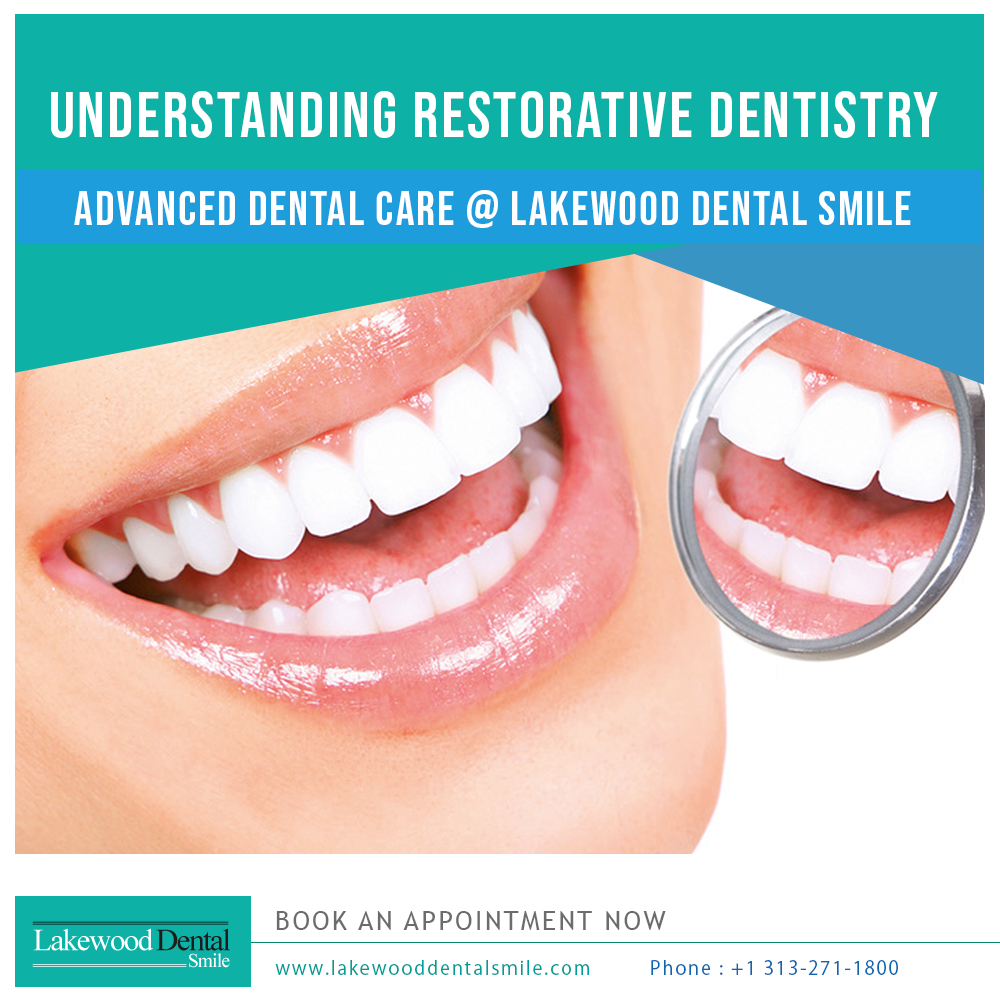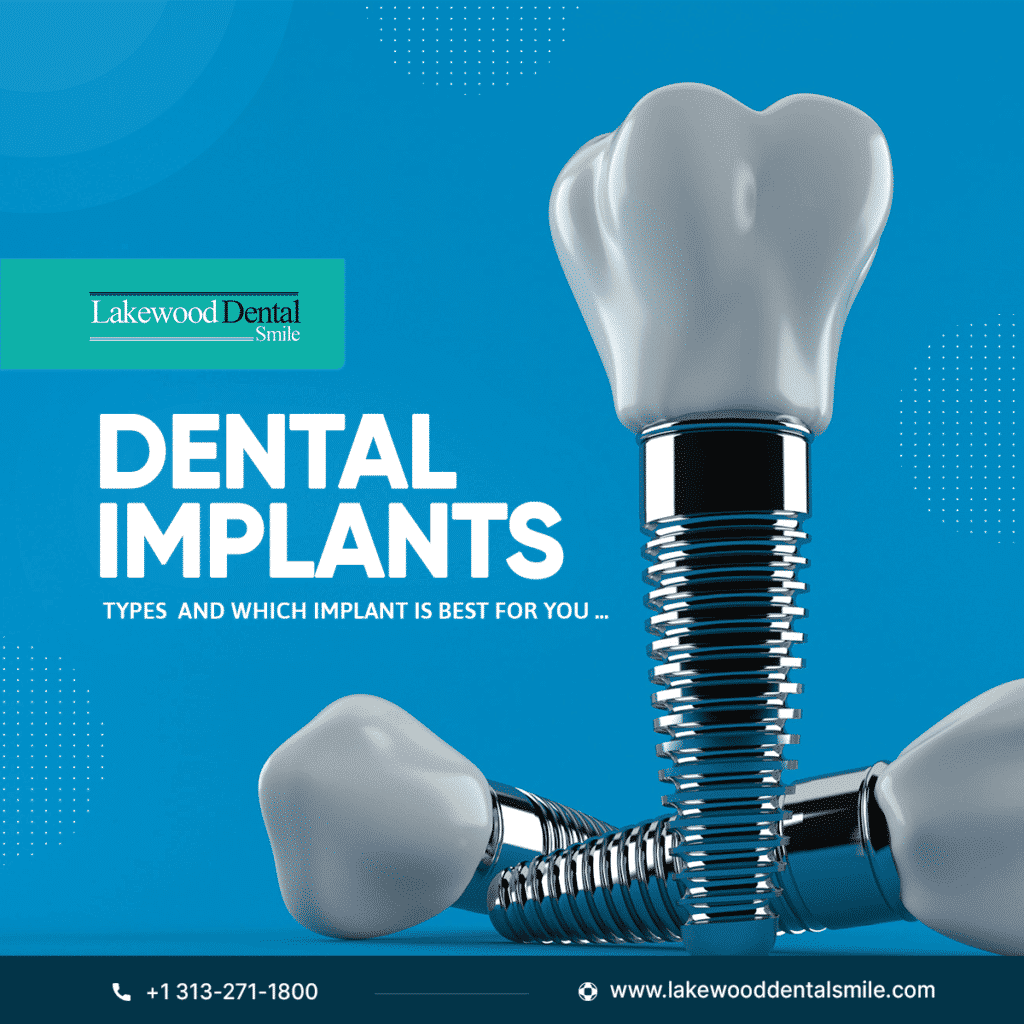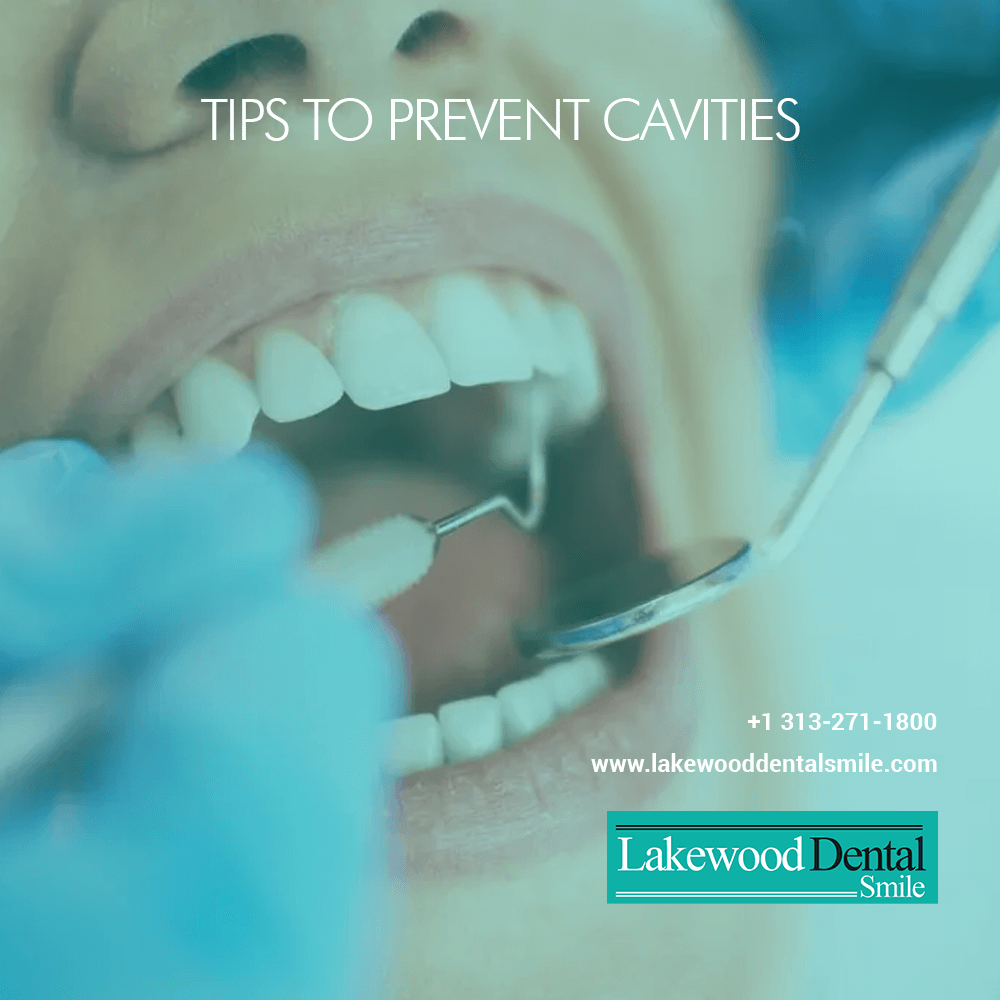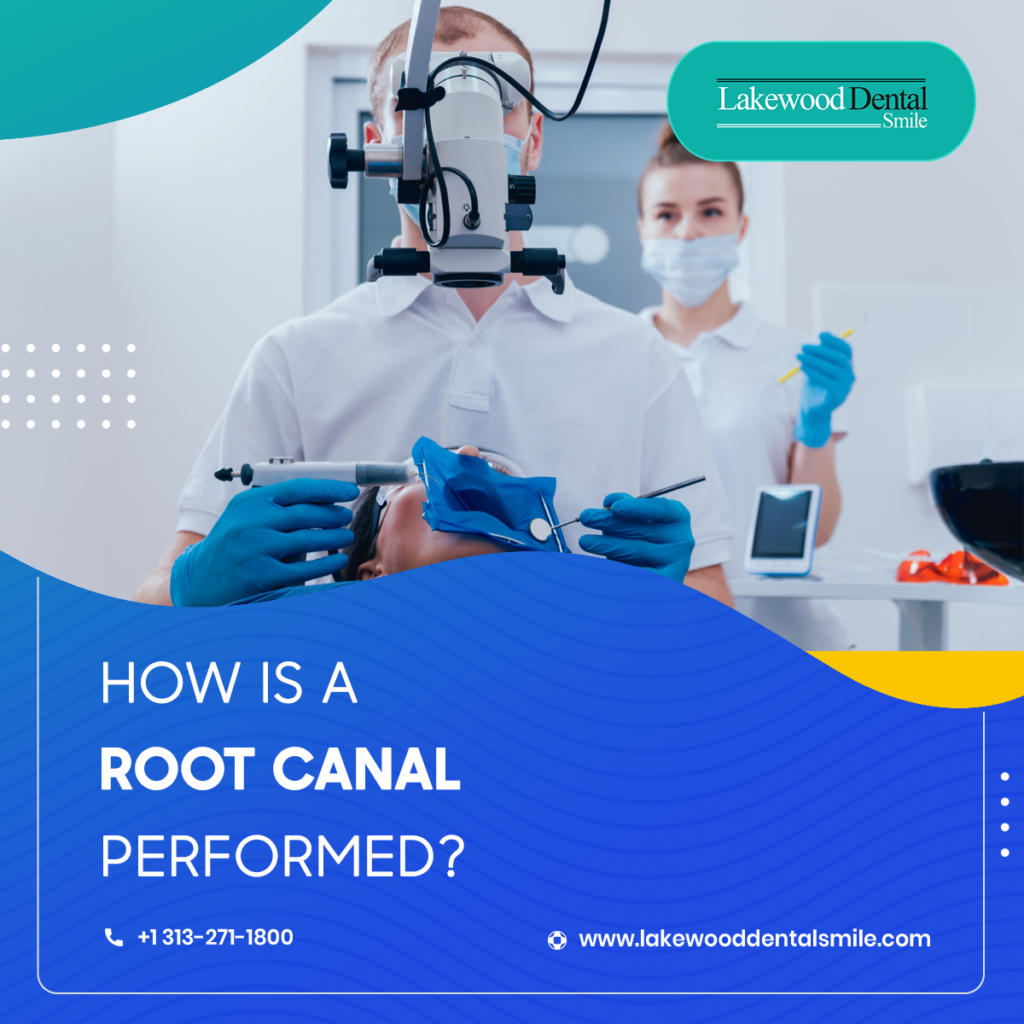Restorative dentistry focuses on diagnosing and treating issues that affect the health, function, and appearance of your teeth, gums, and supporting tissues. By repairing or replacing teeth that are broken, decayed, or missing, restorative dentistry helps you regain not only oral health but also confidence and overall well-being.
In most cases, your general dentist acts as your primary care provider for restorative treatments. They may coordinate with specialists when necessary to ensure you receive comprehensive care tailored to your needs.
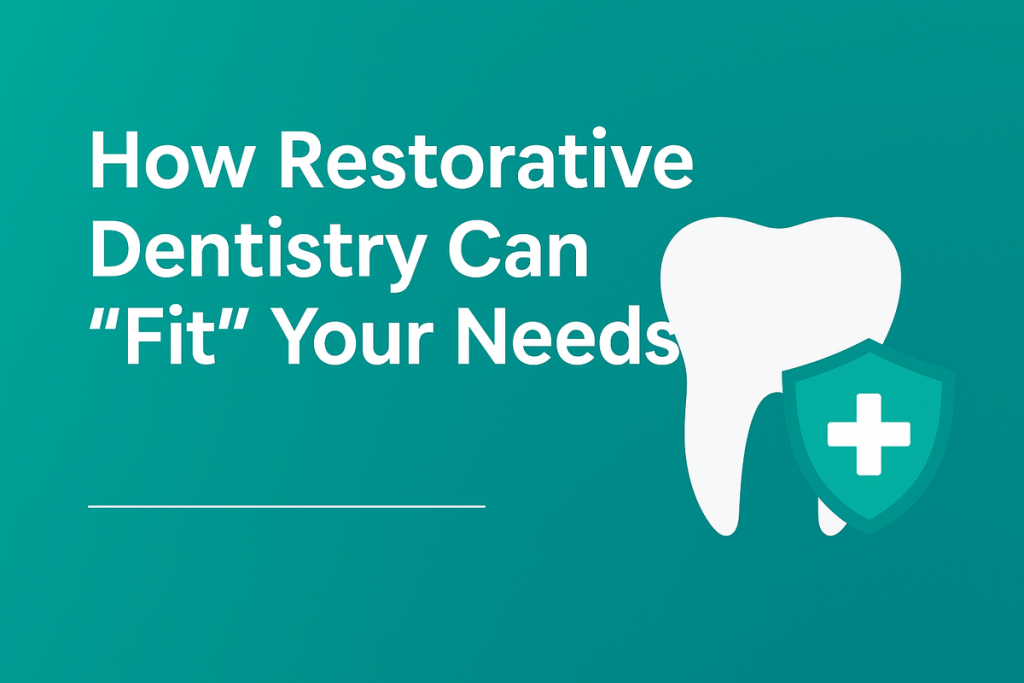
Why You Might Need Restorative Dentistry
Tooth structure can be lost due to:
- Cavities and tooth decay
- Fractures caused by weak enamel or trauma
- Accidents or sports injuries
- Breakdown of previously placed restorations
Ignoring damaged or missing teeth can result in misalignment, bite problems, bone loss, and even digestive issues due to improper chewing. Restorative dentistry addresses these issues proactively, preventing further complications and restoring proper function.
Common Restorative Dentistry Procedures
1. Fillings
Fillings repair cracked, broken, or decayed teeth. Options include:
- Amalgam (silver) fillings – durable, traditional option
- Composite resin (tooth-colored) fillings – blend naturally with teeth
- Gold fillings – long-lasting and biocompatible
Mini-case scenario: A patient with a large cavity on a molar received a composite filling. After treatment, the tooth was strengthened, and the natural appearance was restored, allowing comfortable chewing and confidence to smile again.
Practical tip: Composite fillings should be checked during regular dental visits to ensure they remain intact.
2. Crowns
Crowns cover and strengthen damaged teeth, restoring shape, function, and appearance. They are also placed on implants to replace missing teeth.
Step-by-step process:
- Remove decayed or weak tooth material
- Take an impression for a custom crown
- Place a temporary crown while the permanent one is made
- Fit and cement the permanent crown
Tip: Crowns can last 10–15 years with proper oral hygiene. Porcelain or ceramic crowns are preferred for a natural look.
3. Bridges
Dental bridges replace one or more missing teeth by anchoring to crowns on neighboring teeth.
Comparison: Bridges are faster and less invasive than implants but may require altering healthy teeth. Implants, while longer-lasting, require surgery and healing time.
Mini-case scenario: A patient missing two molars received a bridge. Chewing ability and bite alignment improved immediately, and the bridge prevented nearby teeth from shifting.
4. Implants
A dental implant is a titanium post that replaces a missing tooth root and is placed into the jawbone. Once healed, a crown is attached, creating a replacement that looks and functions like a natural tooth.
Mini-case scenario: A patient missing a front tooth due to trauma received an implant. The result restored natural appearance, improved speech, and allowed normal eating, boosting overall confidence.
Practical tip: Maintaining healthy gums and jawbone is critical for implant success.
5. Root Canal
Root canals treat infected or damaged tooth pulp. The process involves removing unhealthy tissue, cleaning the area, and sealing it, which saves the natural tooth.
Step-by-step process:
- Numb the tooth
- Remove infected pulp
- Clean and shape the canal
- Fill and seal the tooth
Benefit: Preserves the natural tooth while eliminating pain and infection.
Benefits of Restorative Dentistry
Restorative dentistry goes beyond repairing teeth — it enhances confidence and quality of life. Key benefits include:
- Restores dental structure – Brings back natural shape and strength
- Long-lasting solution – Modern treatments can last many years with proper care
- Eliminates discomfort – Reduces pain, improves chewing and speaking
- Convenient and effective – Treatments are safe, efficient, and natural-looking
Lifestyle tip: Timely restorative care prevents complications like misaligned teeth, bone loss, and digestive issues from improper chewing.
Schedule an Appointment Today
Restorative dentistry can truly “fit” your needs — whether it’s repairing a damaged tooth, replacing a missing one, or simply restoring your confidence to smile again.
For residents in Michigan, Lakewood Dental Smile provides advanced restorative treatments including crowns, bridges, fillings, implants, dentures, and dental bonding. With experienced care and affordable solutions, the team ensures a healthy, beautiful smile.
✨ Don’t wait — book your appointment online today.

